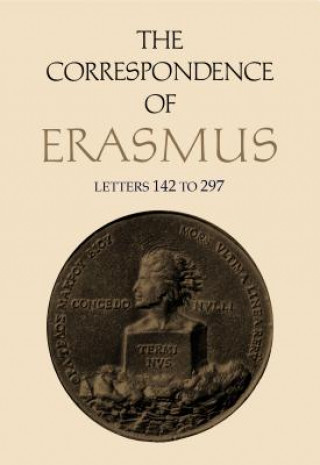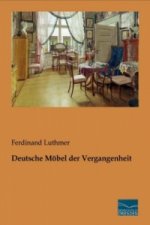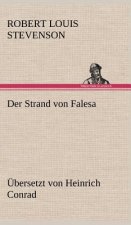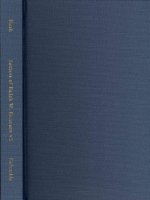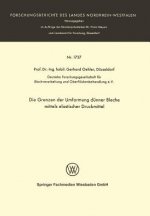
Livrare
Consilier de cumpărături





Nu se pretează? Nu contează! La noi puteți returna bunurile în 30 de zile
 Voucher cadou
orice valoare
Voucher cadou
orice valoare
Cu un voucher cadou nu veți da greș. În schimbul voucherului, destinatarul își poate alege orice din oferta noastră.
Correspondence of Erasmus
 engleză
engleză
 335 b
335 b
30 de zile pentru retur bunuri
Ar putea de asemenea, să te intereseze


The correspondence of Erasmus has never been completely translated into English, although it has long been acknowledged to be one of the most illuminating sources for the history of northern humanism and the first two decades of the Protestant Reformation. In his letters to and from scholars and religious leaders, printers and patrons, princes and prelates in every country of western Europe, the interests and issues of that critical era found free expression. They are connected by the thread of Erasmus' personal experience, his joys and sorrows, triumphs and tribulations, and his uninhibited conversation with his friends. Volume 2 contains what has survived of Erasmus' correspondence from the beginning of 1501 to the summer of 1514. This was a period of crucial importance in the career, of Erasmus, during which he emerged from the relative obscurity of his early years to achieve a dominant position as the acknowledged prince of Christian humanism. During this time he acquired his hard-won mastery of Greek, adumbrated the basic concepts of his religious thought in the Enchiridion, established his scholarly reputation with the magnificent Aldine edition of the Adagia, wrote The Praise of Folly, edited the correspondence of St Jerome, and laid the foundations for his great edition of the Greek New Testament. Although most of the letters from this period are familiar letters to friends or formal dedications to prospective patrons, there are occasional glimpses into the intense intellectual activity that filled these years. It is unfortunate that the letters which have survived do not form a continuous record of the period: the years from 1502 to 1-504 are but sparsely represented, the all- important visit to Italy in 1506-9 scarcely at all, and the first two years after the return to England completely blank. We can be grateful, however, that from 1511 on we have a substantial number of letters, including the charming series of familiar letters from Erasmus to Colet, Ammonio, and his other friends in England, written from Cambridge or London. From them emerges a portrait of Erasmus the man, newly self-confident and relaxed, sharp- tongued in criticism but a warm friend, and intensely curious about the world of affairs in England and on the continent as well as the private concerns of members of his own circle. Erasmus himself regarded his letters as a form of literature, and they were valued in his time, as they are now, as much for their style as for their content. In The Study of Good Letters (Clarendon 1963) H.VV. Garrod wrote: 'As a document of the history of the times the Letters have primary importance. Yet they are to be valued, ultimately, not as they enable us to place Erasmus in history but as they help us to disengage him from it, to redeem him out of history into literature, placing him where, in truth, he longed to be. Not the Folly, nor the Colloquies, but the Letters, are his best piece of literature. What he did in scholarship, whether biblical, patristic, or classical, has been superseded - though not the fine free temper of it. That fine free temper shines also in the Letters, being indeed one of the elements of literature ...In the immortality of their readableness Erasmus lives securely, immune from the discredits of circumstances. '
Informații despre carte
 engleză
engleză




 Cum să cumpăr
Cum să cumpăr















